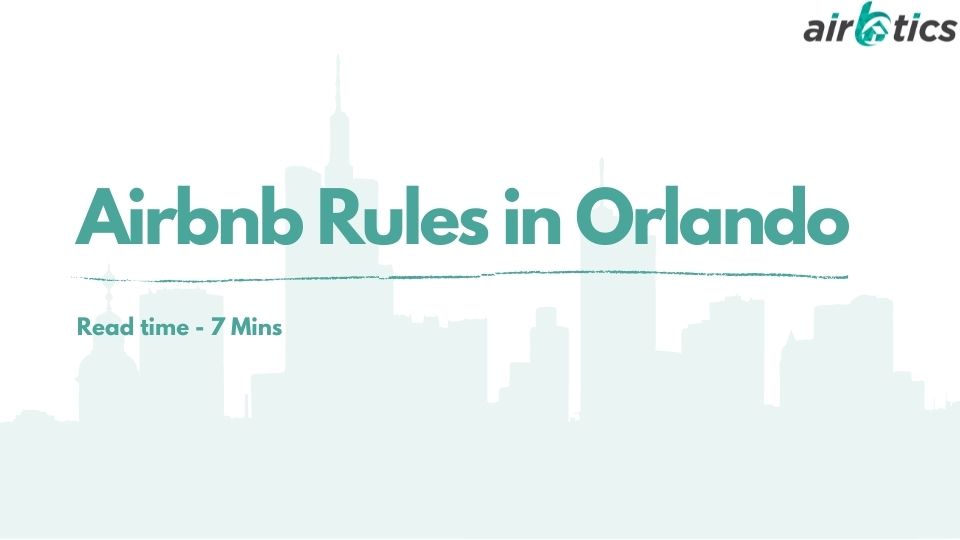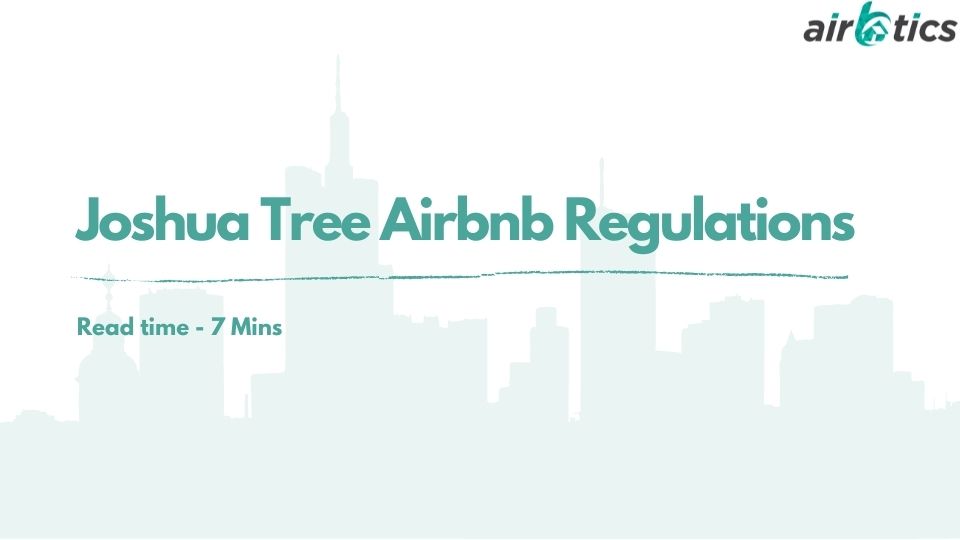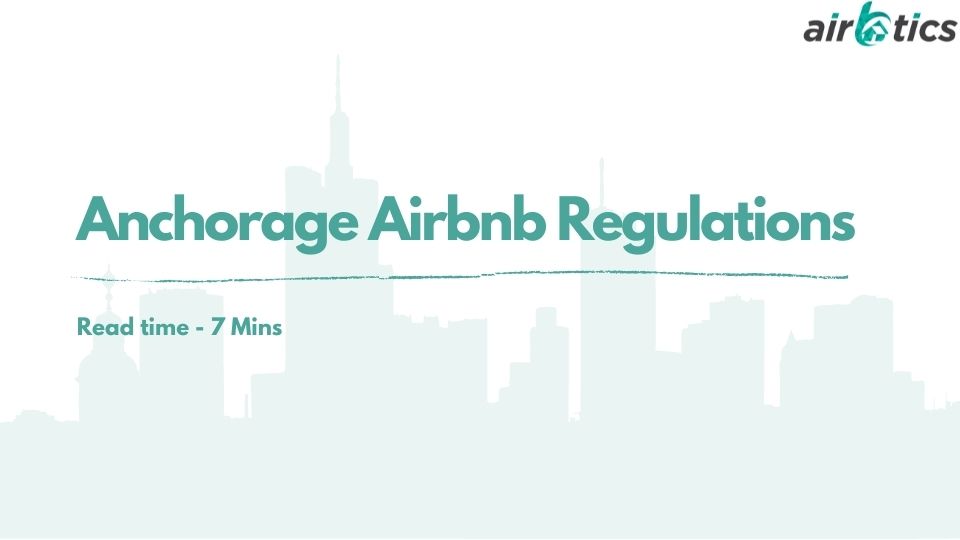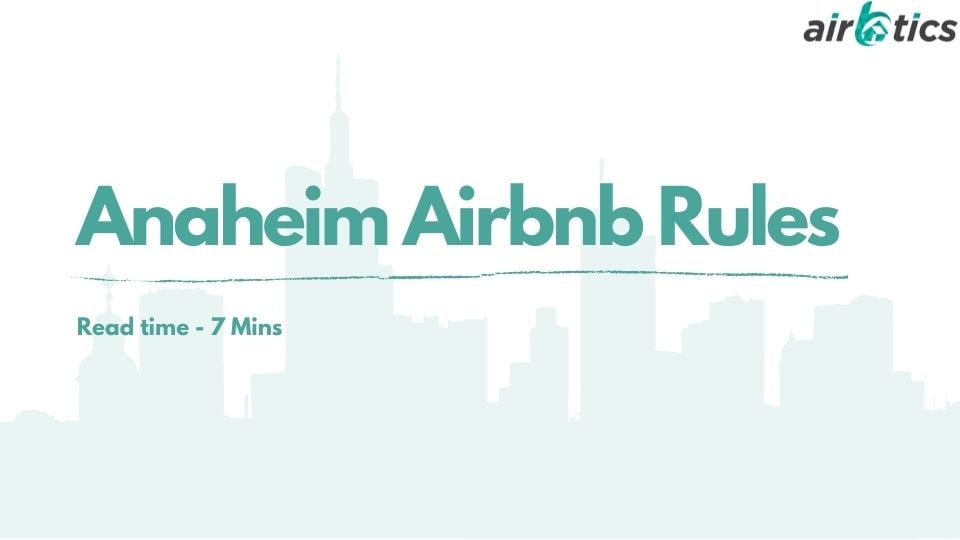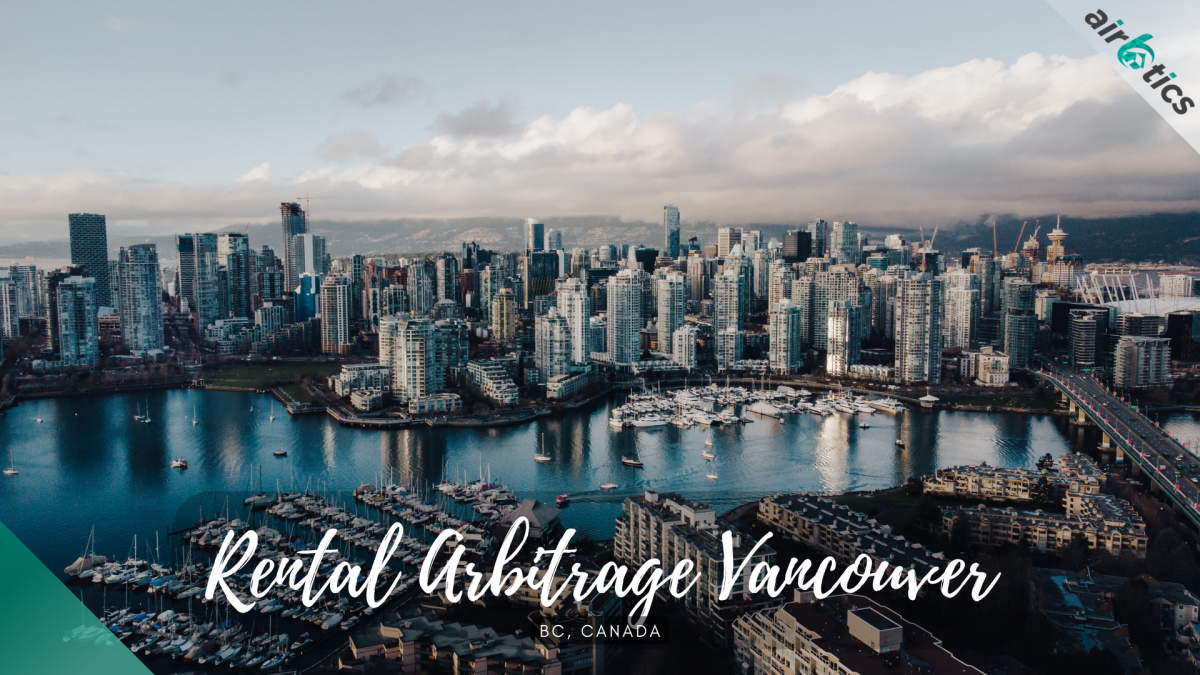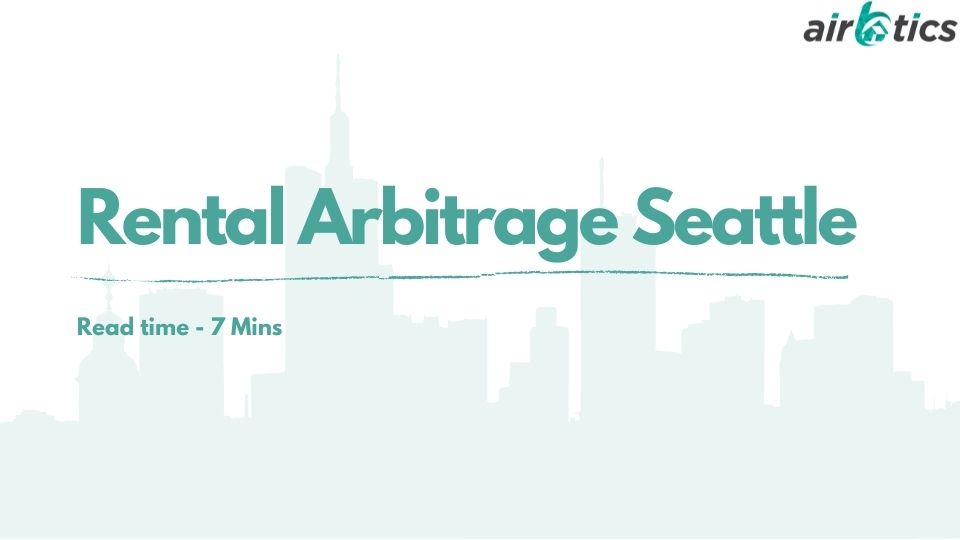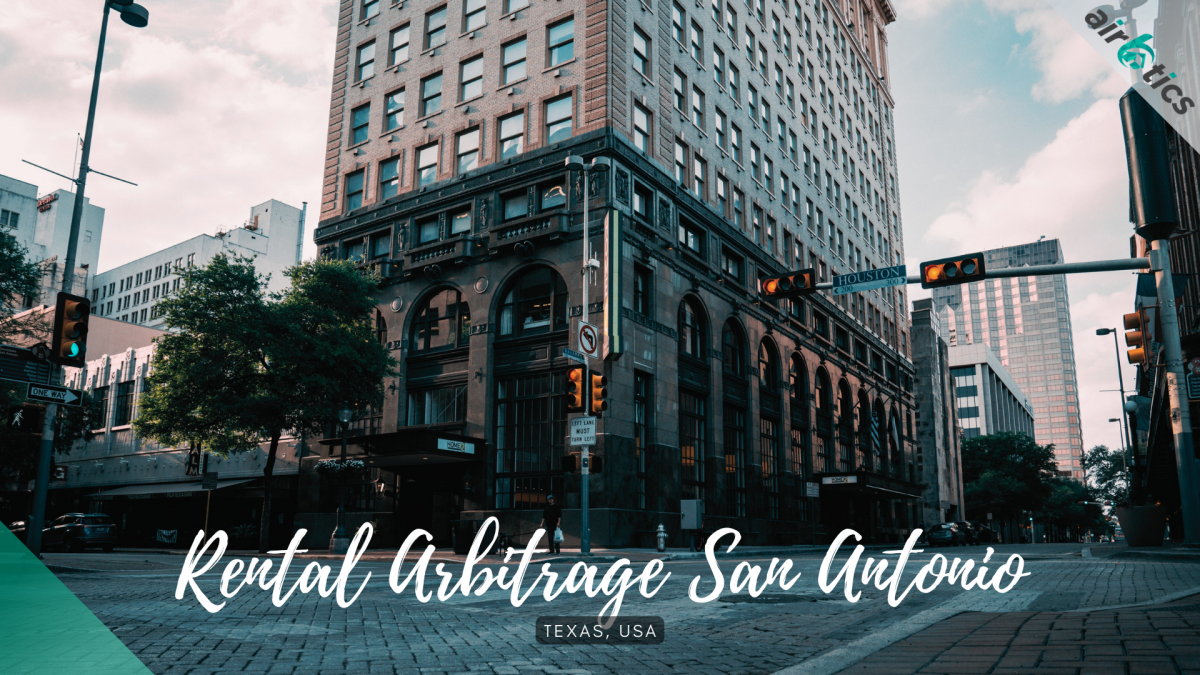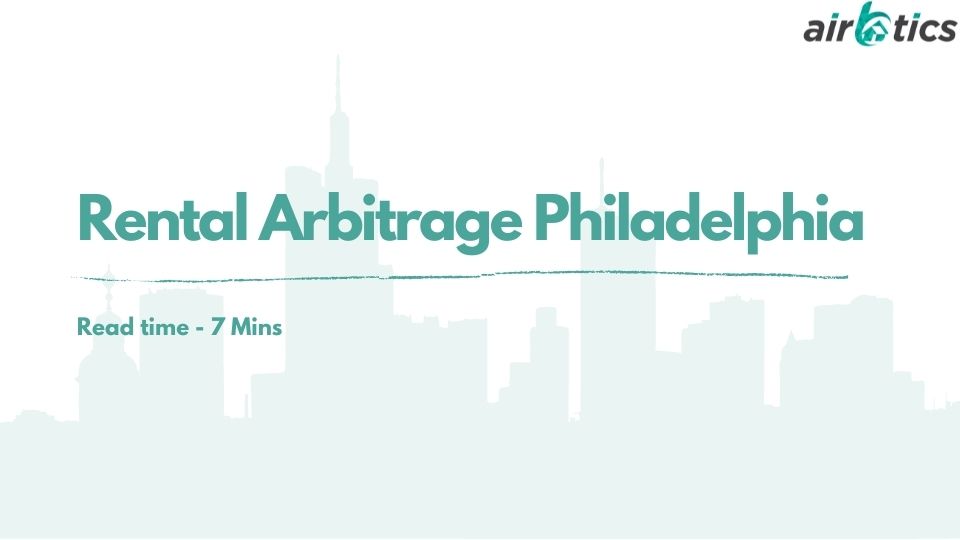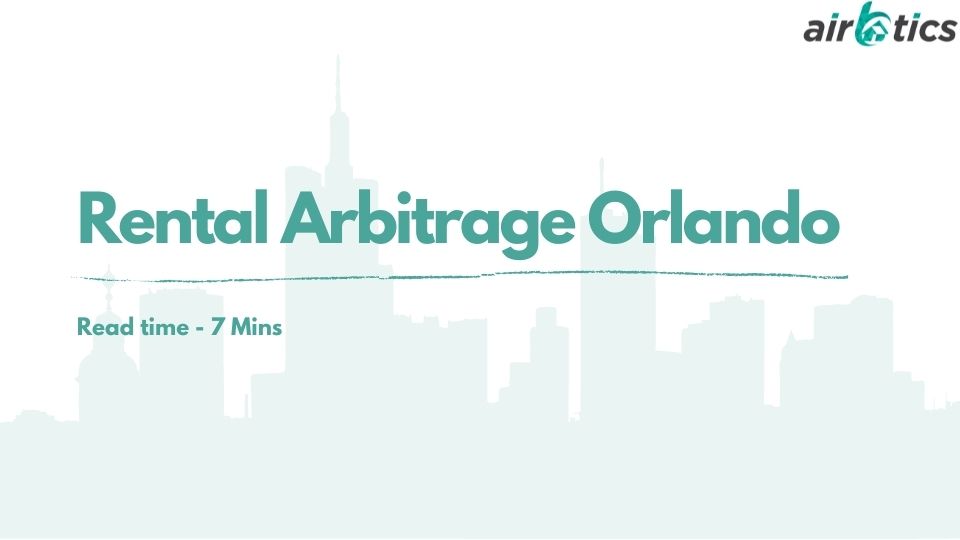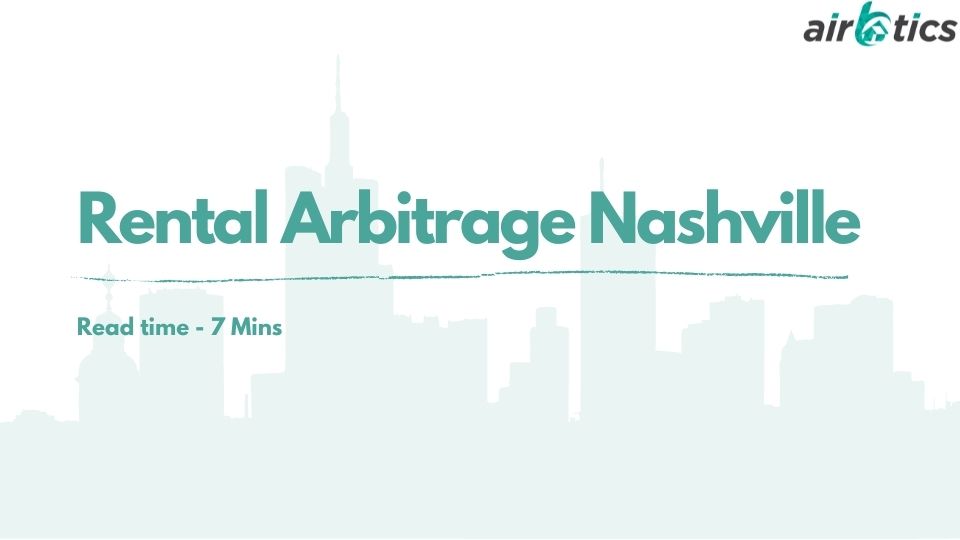Table of Contents Add a header to begin generating the table of contents Is Airbnb legal in Orlando? The answer is yes! Short-term rentals in Orlando homes became legal on July 2021 which allowed homeowners to rent out their homes. Airbnb rules in Orlando requires a short-term rental property permit for anyone who wants to […]
Airbnb Rules in Orlando
